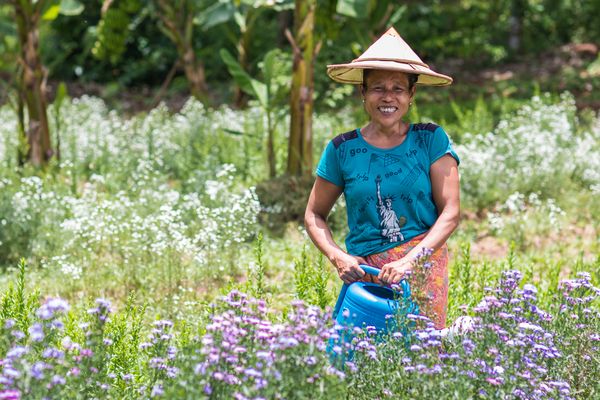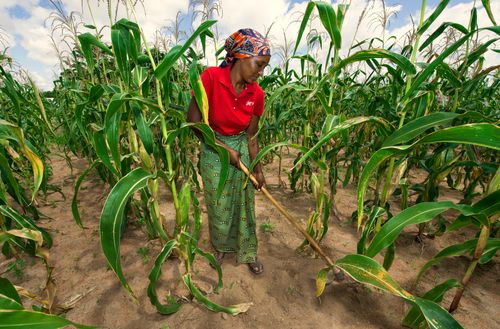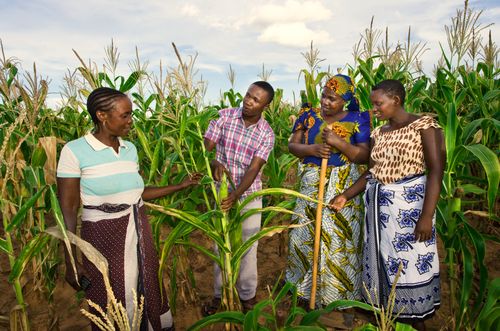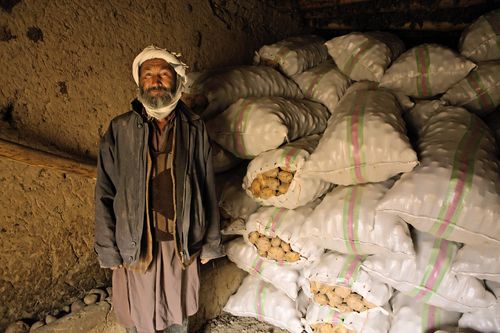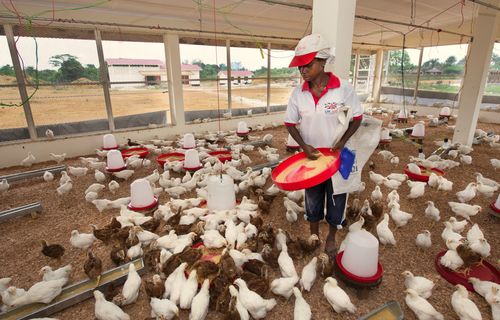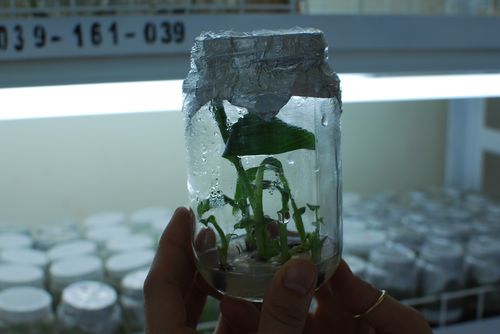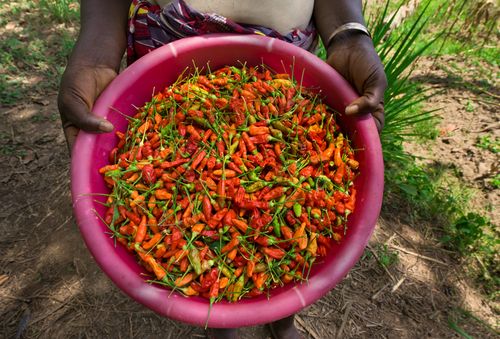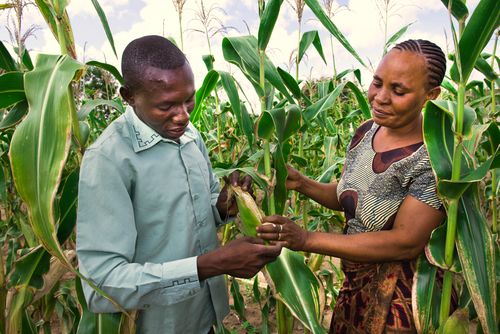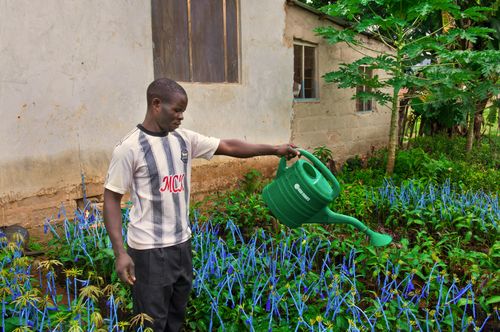We work with smallholder farmers to make sure they have the tools and resources needed to participate in agricultural value chains and become food-secure. The goal is to strengthen the capacities of young farmers, especially women, and build better resilience to sudden shocks.
With a special focus on supporting women and young farmers, our programs are designed to strengthen their capacities and resilience to shocks.
OUR REACH
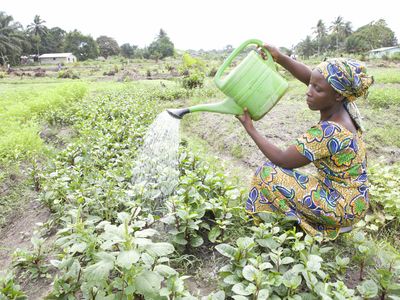
912,625
farmers partnering with us
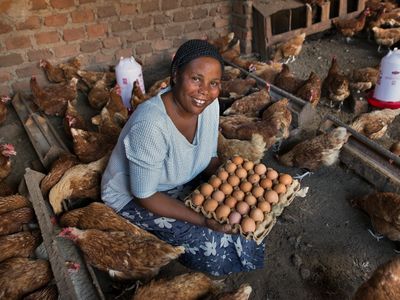
65%
women farmers
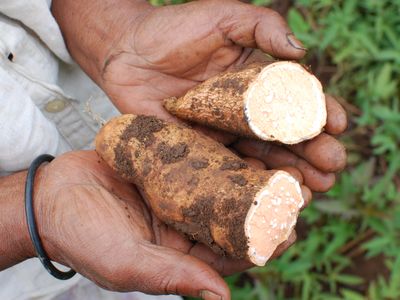
25,000
model farmers trained
OUR WORK
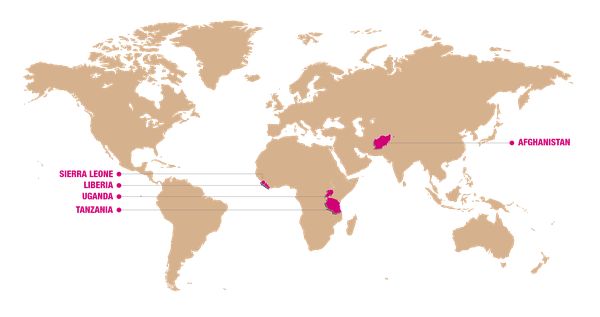
OUR STRATEGIC VISION
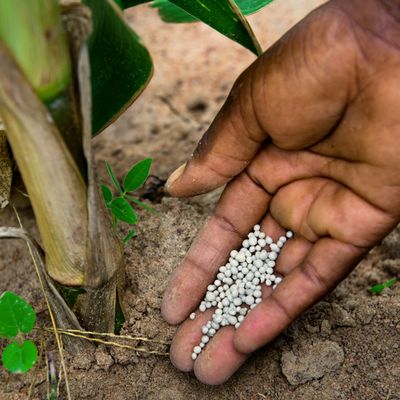
OUR STRATEGIC VISION
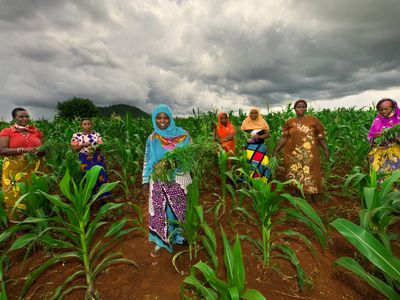
Reach 300,000 smallholder farmers
Reach 300,000 smallholder farmers experiencing food insecurity, focusing on women, youth, people with disabilities, refugees, and internally displaced families
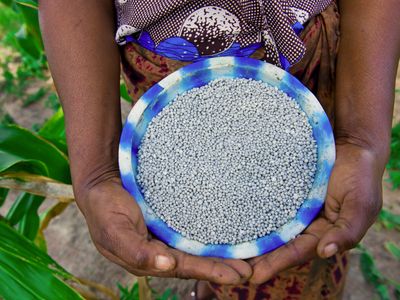
Develop markets and value chains
Continue our focus on market and value chain development, nutrition, climate change adaptation, and the role of women and young people in agriculture
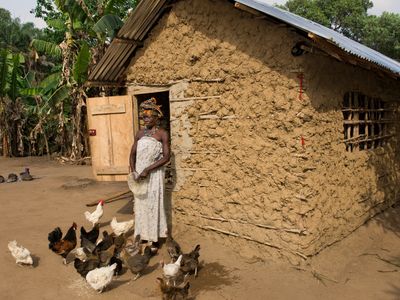
Strengthen farmers’ resilience to climate change
Develop cost-effective strategies that enable smallholder farmers to increase their capacity to mitigate the negative impacts of climate change
